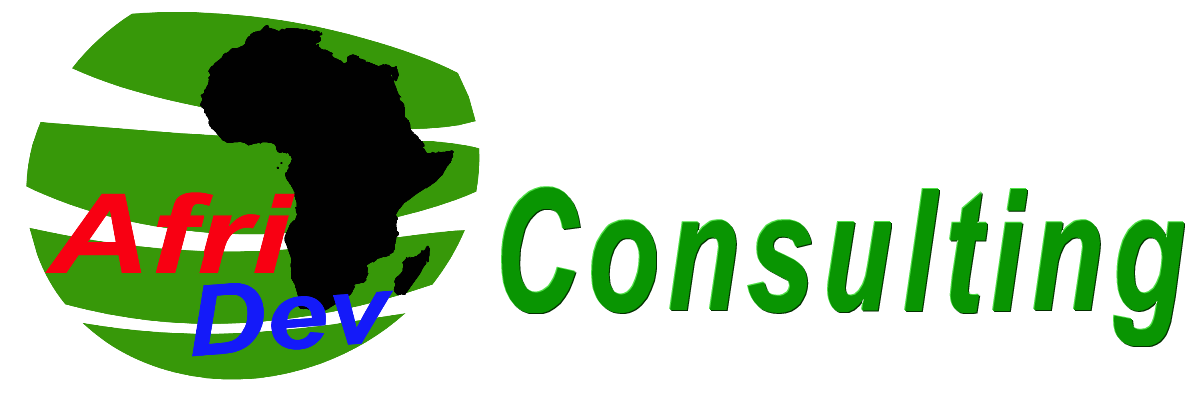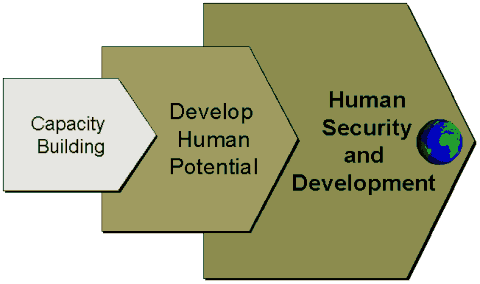Capacity building and/or development aims at developing skills, transferring knowledge, changing attitudes, and supporting the motivation and long-term commitment. Capacity development efforts can target individuals, organizations and institutions, although the focus and approach may differ. Our teaching methods are based on scientifically proven methods for effective learning based on four steps: experience, understanding, planning and strategies, and action.
Experience: refers to the personal experience of participants and build an understanding of the need for development / change. A learning process is facilitated by connecting with individual experience.
Understanding: understanding comes by learning the theory with practical examples.
Planning and strategic work: to develop strategies for change – how to move from theoretical understanding to implementation.
Action: how to bypass organisational and structural changes; apply practical tools and methods for the implementation process.
We offer capacity development with different goals and levels of ambition, including:
- international training programmes
- generic and specific training (awareness, skills development)
- study visits / study tours, exchange of experiences
- networking and implementation
- professional / technical education (on the job training and the acquisition of advanced knowledge and skills)
The institutional development objective is to improve organisational performance and change or develop legal and regulatory frameworks. Effective institutions, whether public, private or non-governmental, are at the heart of sustainable development and poverty reduction. Good governance, political dialogue, fair trade and ownership all depend on the presence of adequate institutional frameworks and locally owned, both formal and informal. AfriDev facilitates institutional development by designing activities with the participation of the organisations concerned and in a way that allows them to develop in their own way and at their own pace.

